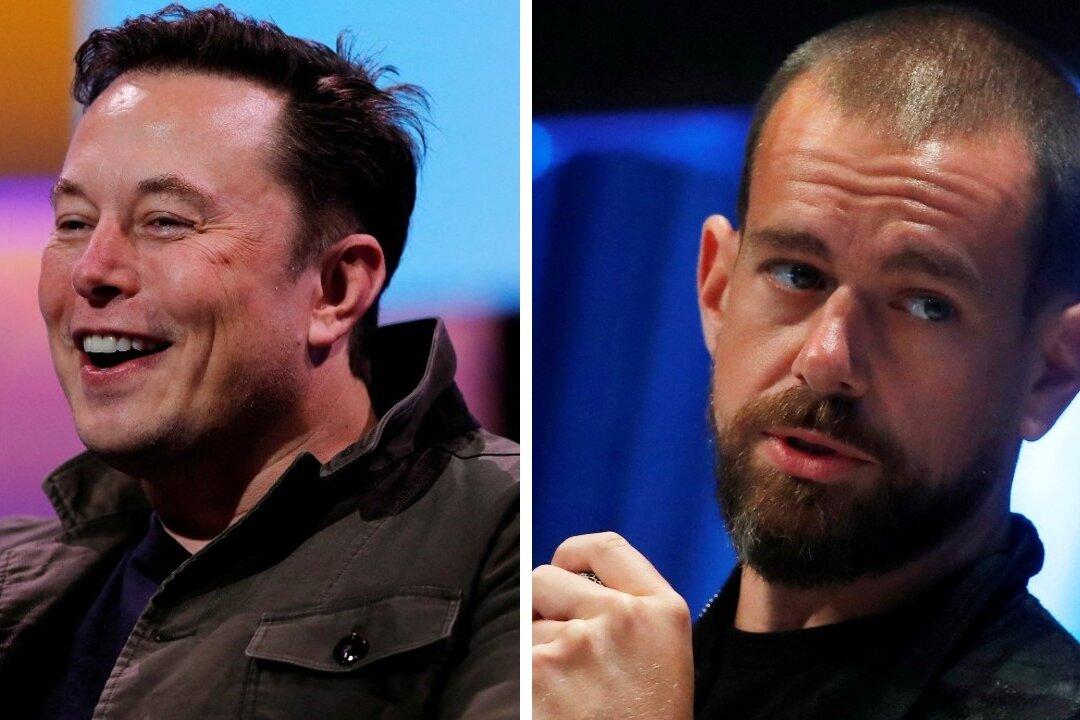Twitter co-founder Jack Dorsey penned a scathing tweet over the weekend, calling the company’s board of directors a consistent source of dysfunction after Tesla CEO Elon Musk accused the Twitter board of failing to represent the interests of shareholders.
Dorsey made the remark in a Twitter thread initiated by Garry Tan, co-founder of Initialized Capital, who wrote that having the “wrong partner on your board can literally make a billion dollars in value evaporate,” noting that it’s the reason for a “surprising percentage” of startup failures.





